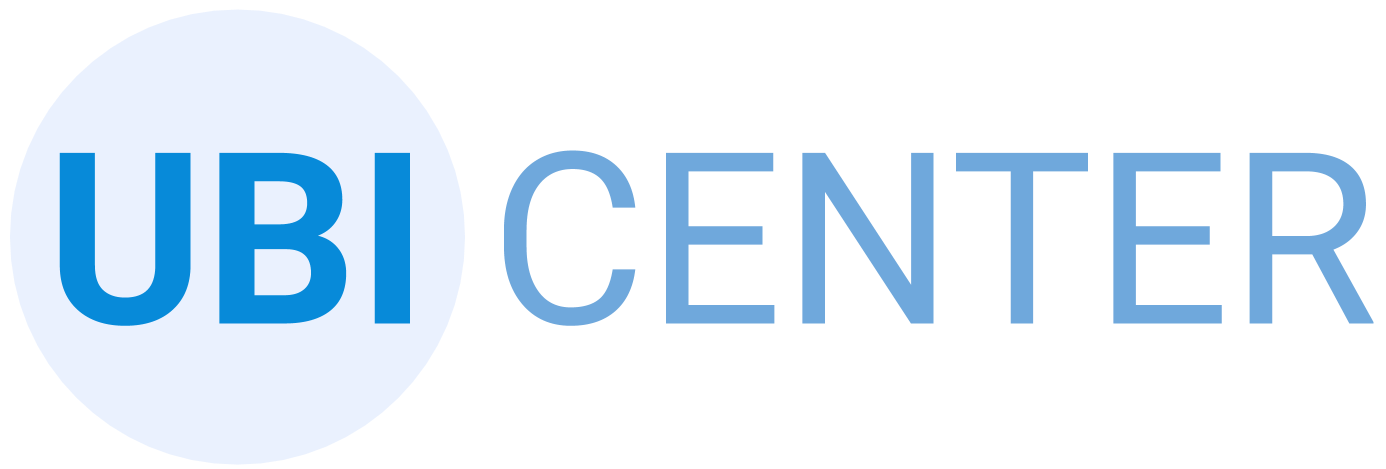Introducing the UBI Center
Universal basic income has come a long way. The idea of giving every member of society an unconditional cash payment originated centuries ago with thinkers such as Adam Smith and Thomas Paine, but has mostly remained confined to economic theory since. Economists like Milton Friedman imbued UBI with new life in the 1960s and 1970s, and President Nixon nearly implemented a form of it. Governments and nonprofits experimented with cash transfers around the world, and the evidence base grew. Today, these experiments include full UBI studies, candidates for political office are centering their campaigns around UBI, and policymakers are calling for more UBI research and pilots.
Yet, important questions remain about what would happen if UBI were implemented. Past experiments and related research give clues into some common concerns, like what people would spend on and how much they’d adjust work hours, and new research will refine these estimates. But these questions and more, like how the economy would respond and whom would be left better or worse off, depend on how UBI policies are designed.
UBI is a policy tool, and like any tool, it can be used to promote a range of objectives. Some may see it as a way to cut poverty and inequality, or streamline bureaucracy and improve incentives in existing programs, or insure against economic volatility from potential technological change, or grow the economy. Others may doubt UBI’s ability to achieve these results, and others still may worry it could backfire.
These claims cannot be evaluated in the abstract. The notion of UBI doesn’t reduce poverty; only specific UBI policy does that. A UBI funded by a carbon tax would reduce poverty, but a UBI funded solely by ending means-tested programs would increase it. Similarly, UBI can have different effects on economic growth, depending on the design of the policy and the macroeconomic assumptions used to study the policy.
I formed the UBI Center to evaluate these claims concretely. The UBI Center will analyze UBI policies that have been proposed by others, produce UBI policies, and compare these to other economic policies. And since science is better when it’s transparent, the UBI Center will publish all the code behind each analysis to make results fully reproducible (to my knowledge, this makes the UBI Center the first open source think tank).
If you share my belief that UBI is a powerful idea worthy of serious economic analysis, I invite you to explore the research and follow our journey. The UBI Center is launching with an analysis of two UBI policies: Andrew Yang’s Freedom Dividend, and a revenue-neutral version of the Freedom Dividend.1 These policies are analyzed in a two-part post and in Plan Explorer, which lets you interactively explore the effect on various household profiles.
The UBI Center’s mission is to produce open-source research to inform a robust debate around UBI policies. While I’m the only one currently working on this mission full-time, others have been critical in getting to this stage. From the Open Source Policy Center building the models that underlie UBI analyses, to USBIG leaders sharing their expertise in the UBI space, to AJ&Smart generously design-sprinting toward credible economic research, this is a product of collaboration. If you’d like to contribute, please get in touch at max@ubicenter.org; you can also support our work with a donation.
Thank you for your interest in data-driven UBI policy research.
Max Ghenis
Founder, UBI Center
-
The UBI Center is not affiliated with Andrew Yang or any other political campaign. ↩
Subscribe to the UBI Center
Get the latest posts delivered right to your inbox

